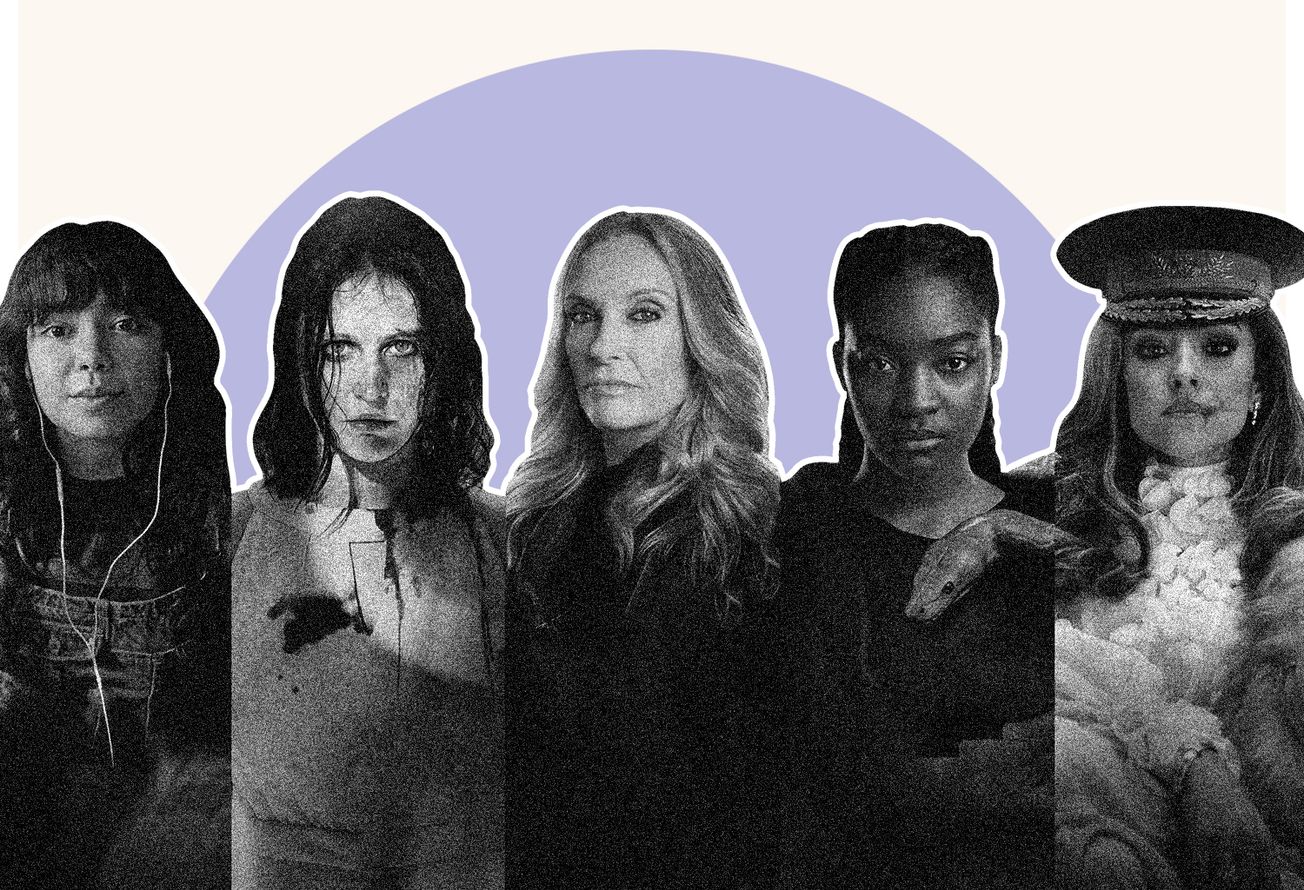Sushmita Sen, a successful actor and a businessperson in her own right, who is dating Lalit Modi, a wealthy businessman a wealthy businessman, has been called a “gold digger”. Two years ago, actor Rhea Chakraborty was also labelled a gold digger and harassed publicly. Such vicious attacks cause extreme distress and ruin careers. Mainstream media turned the Chakraborty “controversy” into a spectacle, reinforcing the harmful trope and fuelling the fear that women wielding psycho-emotional agency & autonomy are dangerous.
Projecting the myth of the gold-digger onto individual women is a convenient way to mask and distort the reality of systemic gender-based oppression and obscures the fact that ALL men participate & benefit from it in one way it the other.
Material resources are the least that privileged men can offer in exchange of the sexual, emotional, spiritual & aesthetic resources of women that they feel entitled to take from women whom they exploit with impunity.
Women's socio-economic mobility is systemically & culturally limited. For many, the only way to overcome these limitations is by aligning themselves with men in power (in private or public domains).
Hypergamy— an act of of marrying or dating a person of a higher social, economic or educational status, is a culturally endorsed mechanism for the social mobility of women. When families arrange these relationships it's lauded as a "good match".
There has been a decline in economic opportunities for Indian women after the pandemic, leading to reduced participation in the formal workforce. Even in the informal labour market, women's time & labour is grossly devalued.
Woman are tied up with an enormous amount of unpaid labour depriving them of time that they could dedicate to higher education, skill development, or on entrepreneurial growth."¹
Lack of equal opportunities remains a huge barrier.
India could add US$ 770 billion to its GDP by 2025 if it gave women equal opportunities, a report by McKinsey Global Institute has estimated.
It is only when a woman asserts her agency to find herself a man with means that she's labelled a gold digger. The trope is usually projected on women who develop sophisticated socio-emotional skills, often as a result of having access to no other forms of capital or power.
In Sushmita Sen's case, it is also a curious mix of resentment for her success and because she is dating someone with generational wealth.
Men who are perceived to be victims of the "evil" gold diggers are usually privileged enough to afford being emotionally unavailable and are quite terrible at perceiving the full humanity of the women they date or marry.
A society that has never had any interest or curiosity about what women might truly want or need, fears and resents women who use the skills they might have developed as a result of their oppression—high sensitivity to people's needs and emotional shifts, advanced abilities to read the room and get subtly, perhaps even “sneakily”, what they are denied straightforwardly—access to power & protection.
The fear of women who are astute enough to overcome their class status in a world that accords them little dignity, value, or opportunities, is a reflection of misogyny in a society. The same society also fails economically independent women, pitting them against the so called "gold-diggers".
Perhaps the anger that drives trolls also stems from the anxiety that women are increasingly refusing to be condemned by the lovelessness that Indian society reserves for them.
Women who assert their agency, defy its norms to pursue intimacy & seek their independence unapologetically are perceived as threatening. They become targets of witch-hunt like campaigns. Calling women "gold-diggers" is endorsing such campaigns.
This article was first published in a social media version here.
SOURCES:
¹The Role of Women in India’s Economic Growth Story, Confederation of India Industry Blog (last accessed: 19th July, 2022)
²The power of parity: Advancing women’s equality in India, 2018, McKinsey Global Institute (last accessed: 19th July, 2022)










